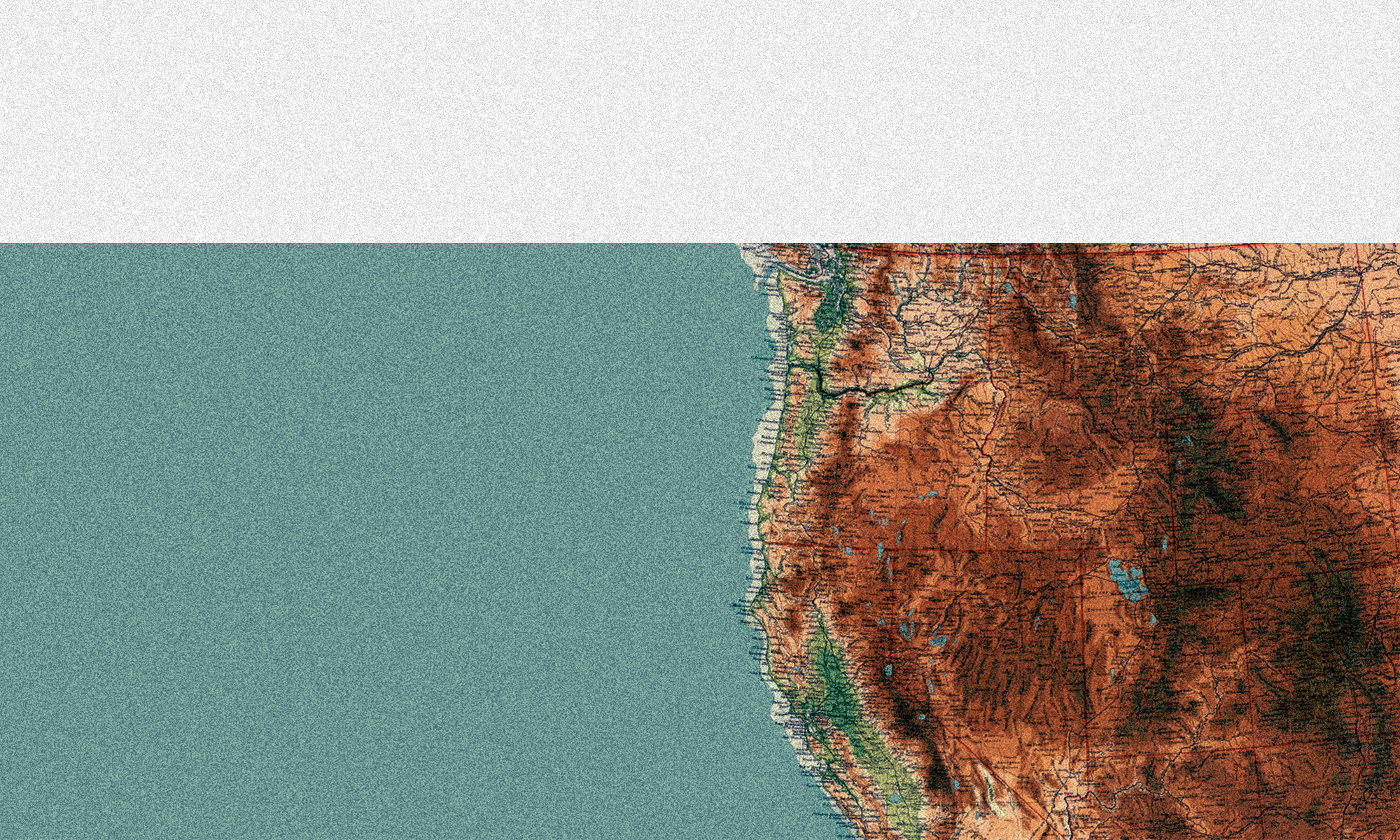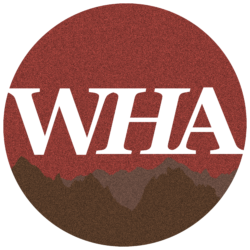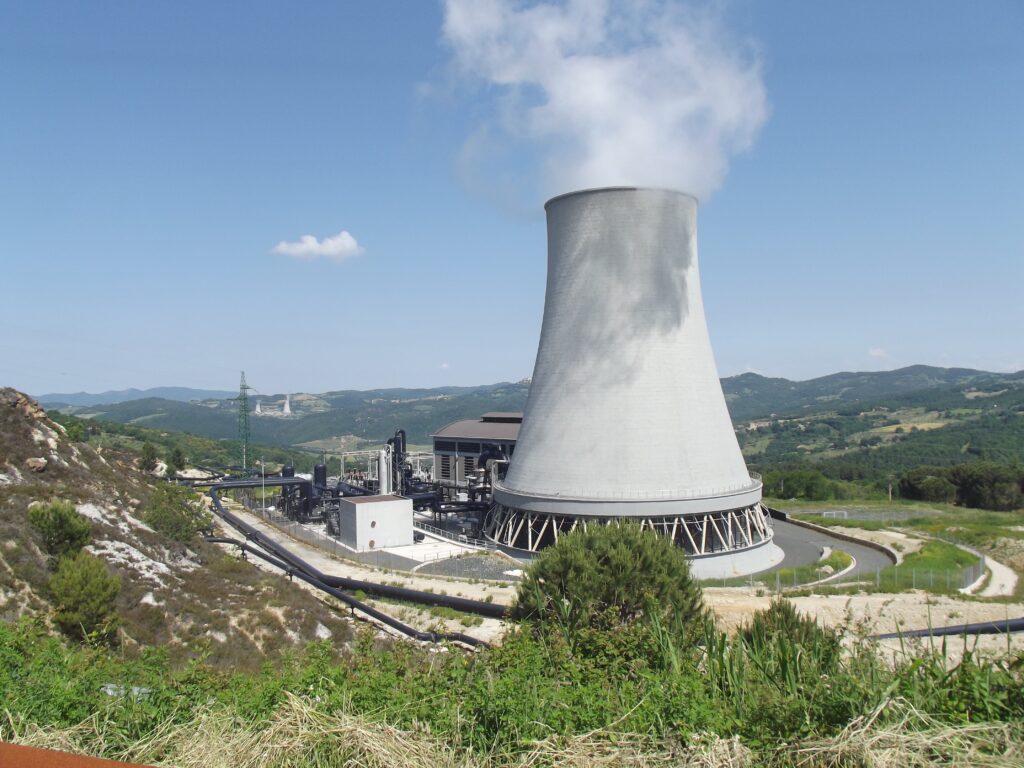The Calgary Institute for the Humanities is honored to be taking on the leadership of this venerable organization for the next couple of years. At the most recent conference of the WHA, held at Banff, we discussed how we might remake the organization to better serve the interests of our member organizations. As the director of a relatively small humanities institute, I found the WHA to be a welcoming place to get advice and discuss professional issues specific to running a centre, and because it was regionally focused, the cost of sending a director to the annual meeting was within our budget. I was very appreciative of the funding support that the WHA offered when my centre hosted the annual meeting in 2018, and the opportunity to edit a special issue of the Western Humanities Review helped to raise the profile of my centre (and give me something tangible to show senior administrators). More recently, it has occurred to me that a regionally focused organization such as the WHA could be very useful for helping to build research networks that addressed issues common to us (water, indigenous rights, resource-based economies, the environment).
All of which is to say, I think there is still a role for the WHA to play, particularly if we are clear about what we would like it to be or to do.
In the coming academic year, we’ll be organizing a few informal zoom sessions to discuss professional issues. At the annual meeting, we discussed possible topics such as fundraising and donor relations, advocacy inside and outside the university, whether annual reports are worth it, the role of associate directors, and more. If you have suggestions for such a session, or are interested in leading a conversation, let me know.
Finally, I do hope that the annual conference can continue, possibly with professional issues and regional collaborations more at the fore. I’m imagining that if we go forward with it (along with the special issue of the Western Humanities Review), it will likely happen in Fall 2024. If your centre is interested in having a conversation about hosting it (then or at another time), please let me know.
We welcome inquiries from other humanities centers and institutes. Please contact us at cih@ucalgary.ca.
Yours,
Jim Ellis (he/him)
President, Western Humanities Alliance
Director, Calgary Institute for the Humanities
University of Calgary
Calgary, Alberta
T2N 1N4


